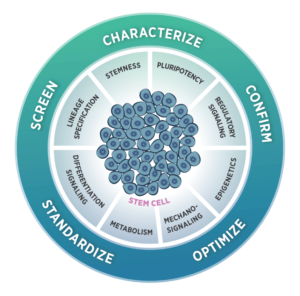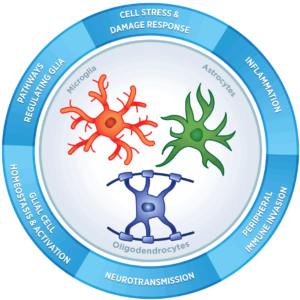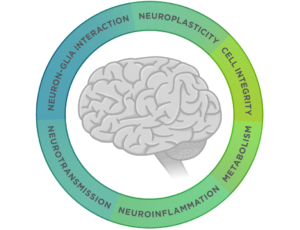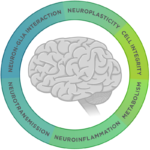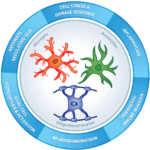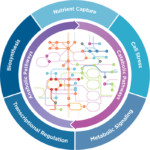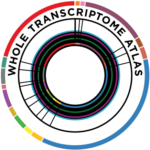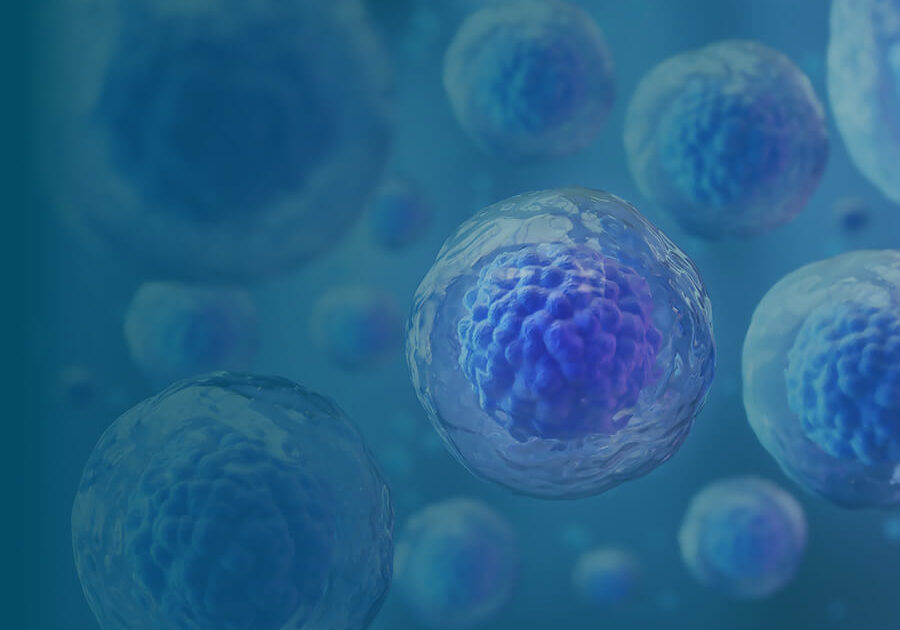
Stem Cell Therapy and Regenerative Medicine
Solutions for Stem Cell Therapy Research

From measuring stem cell pluripotency to deep molecular characterization of pluripotent stem cells, assessing cell culture conditions and exploring organoid tissue function, together we can advance the field of regenerative medicine and improve the human condition.
Featured Solutions

Publications
Regenerating human skeletal muscle forms an emerging niche in vivo to support PAX7 cells
Skeletal muscle stem and progenitor cells including those derived from human pluripotent stem cells (hPSCs) offer an avenue towards personalized therapies and readily fuse to form human–mouse myofibres in vivo. However, skeletal muscle progenitor cells (SMPCs) inefficiently colonize chimeric stem cell niches and instead associate with human myofibres resembling foetal niches.
Multiplexed mRNA analysis of brain-derived extracellular vesicles upon experimental stroke in mice reveals increased mRNA content with potential relevance to inflammation and recovery processes
Extracellular vesicles (EVs) are lipid bilayer-enclosed structures that represent newly discovered means for cell-to-cell communication as well as promising disease biomarkers and therapeutic tools. Apart from proteins, lipids, and metabolites, EVs can deliver genetic information such as mRNA, eliciting a response in the recipient cells.
Human corneal stromal stem cells express anti-fibrotic microRNA-29a and 381-5p – a robust cell selection tool for stem cell therapy of corneal scarring
INTRODUCTION: Corneal blindness due to scarring is treated with corneal transplantation. However, a global problem is the donor material shortage.
Spotlight on Regenerative Medicine
Related Resources

Contact Us
Have questions or simply want to learn more?
Contact our helpful experts and we’ll be in touch soon.
